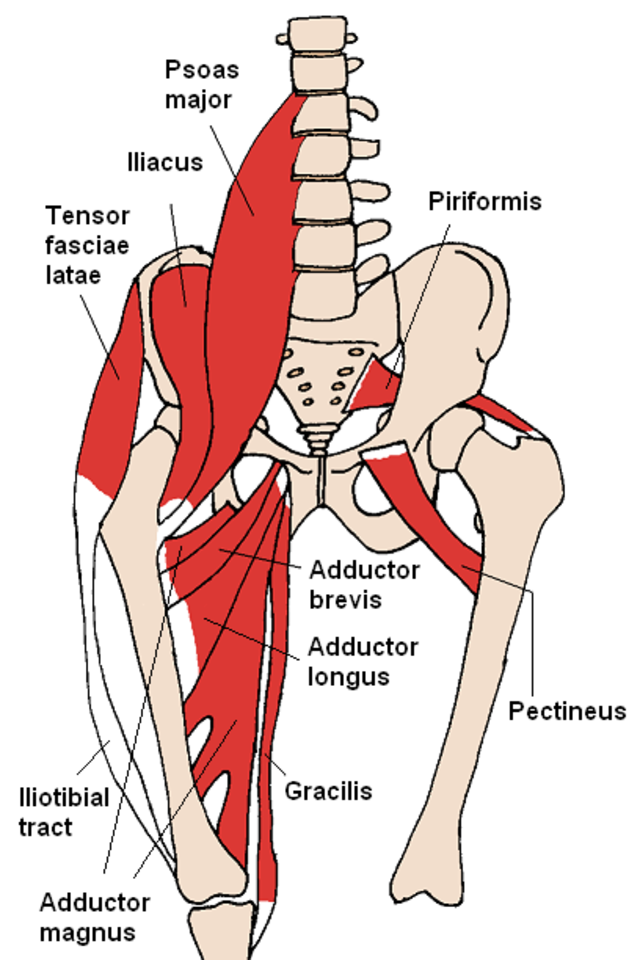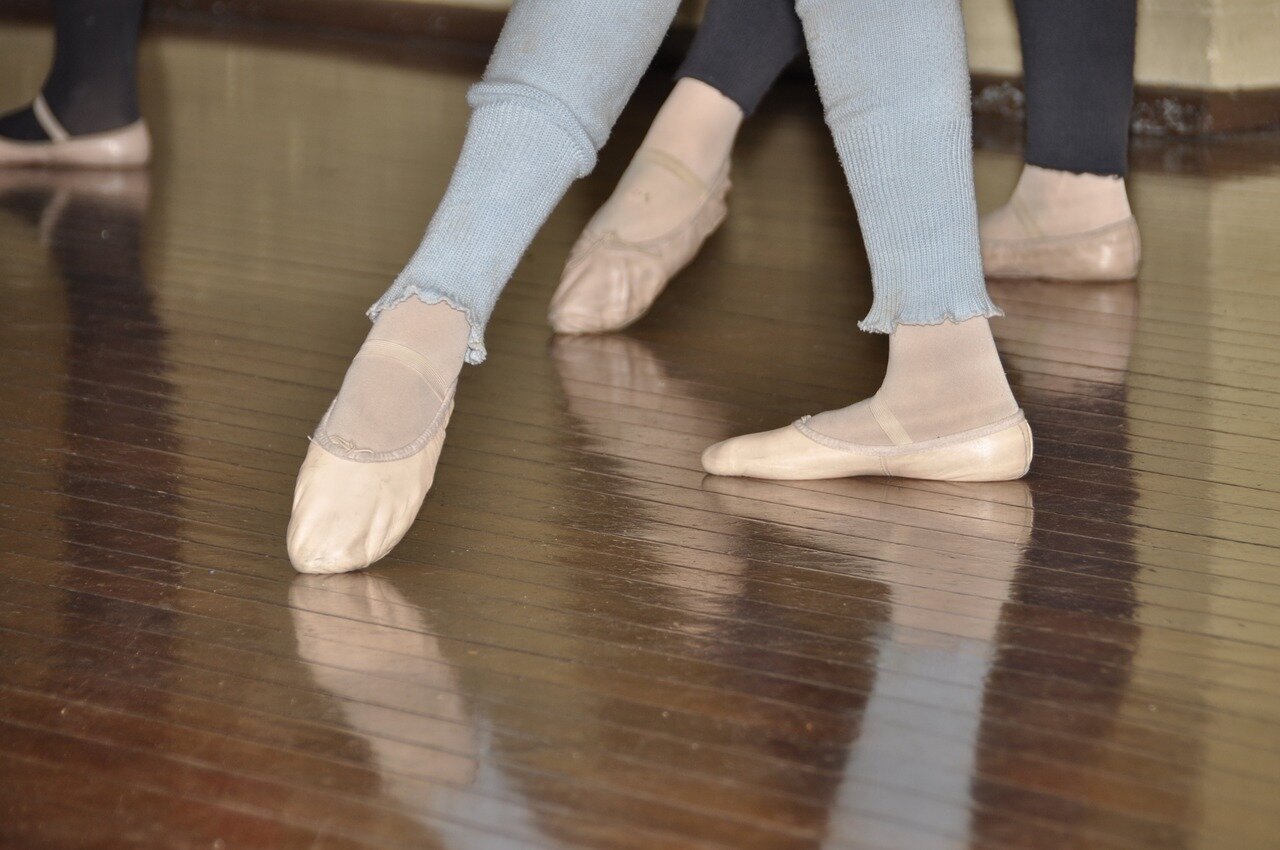The Value of TV: A social event
/We've all been to "Bingewatch Hotel," where you check in to an eight hour marathon of Stranger Things interrupted only by trips to the fridge or pee breaks. For the busy dancer / student / employee that we are every other day of the week, this relaxation makes for a highly desirable way to spend a lazy, gloomy Saturday weekend.
A small part of me cries out as I mentally run through my ever-lengthening to-do list. But my "let-no-minute-go-to-waste" mindset still manages to find a huge upside a binge session: social TV! This multitasking-time management approach to TV watching makes your time on the futon doubly effective. Check it out.
Times have changed from the person who didn't even own a TV in college to the me right now. The fact is, I do watch TV (shoutout to my dad, for buying me a flat screen TV so large that I had to move my couch to the back of the room just to be able to get the entirety of the screen in my range of vision). But my pattern of TV consumption today is radically different from that of the Nicktoons-addicted elementary school Austin, or the cable-deprived college Austin.
These days, I make time to get into a few shows. BUT I am extremely selective about the shows I keep up with. In my opinion, there isn't a single show on television that is worth anyone's undivided attention if it's not a shared experience that encourages worthwhile and meaningful conversations with others. For me, a TV show is only worth your time if the programming can serve as a jumping off point for some degree of human interaction. Shows with this kind of broad impact eventually become enduring cultural mainstays and relevant topics of discussion for years to come, much like any fine piece of visual art or literature.
Think of it this way: If you hop on Facebook, and you accidentally learn about the thing that happens to that one guy in that one show - FROM 16 DIFFERENT PEOPLE - you might be in the midst of a TV cultural phenomenon that is worth your attention.
Take my biggest TV vice, Game of Thrones. I'm the first to admit that I have an obsession with HBO's adaptation of George R.R. Martin's series of testosterone-fueled, deeply political series of novels, A Song of Ice and Fire. Each and every Sunday during GoT season, like a religious service for practicing Catholics, you can reliably count on me making my way to a friend's place to enjoy the bloodshed, political intrigue, and inevitable discussion that occurs after the show, as we don our tinfoil hats to hypothesize about wacky theories concerning the motivations of various characters.
In this case, GoT served it's purpose as a free social event (well, free for me, the moocher who doesn't pay for HBO) that brings people together for the express purpose of entertainment in the same way that a football game or bar outing may do so. A small fraction of the value of the show lies within the 50 minutes of TV time. The overwhelming value comes from the hour before, where we sit around drinking beers catching up on each other's lives as the previous week's episode serves as background noise; the hour after, when we rewatch the episode, while making jokes and talking through the onscreen action; and the intervening week before the next episode, when we interact with each other digitally with new theories that pop into our heads.
Game of Thrones, The Walking Dead, Breaking Bad, How I Met Your Mother: All early- and mid-2010's examples of highly-acclaimed TV series' that will impact a generation of viewers. I believe that these are worthy of your attention just as much as any good piece of classic literature. Sure, you may not have seen M*A*S*H* or Cheers, but the groundbreaking nature of these TV phenomena will far outlive the production run of the series.
(Unrelated note: My desire to always maximize utility has led me to develop a chronically recurring case of "Netflix Paralysis Syndrome." When faced with hundreds of options, a victim of Netflix Paralysis Syndrome will be overcome with indecision so powerful, that the user will compulsively walk up and down the digital aisles to the point of memorization. In the end, the multitude of choice will overwhelm the victim, since they would hate to waste their time on a less-than-perfect use of their evening. They inevitably default to watching something they have already seen, usually Arrested Development or Orange is the New Black - before promptly fall asleep during the opening credits.)
Overall, the idea is that the TV should be a tool that helps you maximize the hours in your day rather than stealing them. Enjoying TV with friends can act to effectively increase your daily use of social time, as whatever your program of choice can function doubly as both entertainment and social time.
Here's the first step: Whenever you get in a conversation with friends about the tenuous strength of your favorite character in Game of Thrones, propose watching the next episode together. Better yet, turn it into a viewing party, involve the interested people in your dance community. Build these connections!
And just like that, you've turned a time sink into a social opportunity, while still getting your hit of Mr. Robot.
Did you also find a way to break (mostly) free of the influence of the TV? Alternatively, do you think anything on TV right now has long lasting value that will be discussed by the next generation of hipsters? Comment at me, and I'll try and sneak in a little bit of that show into my schedule.















